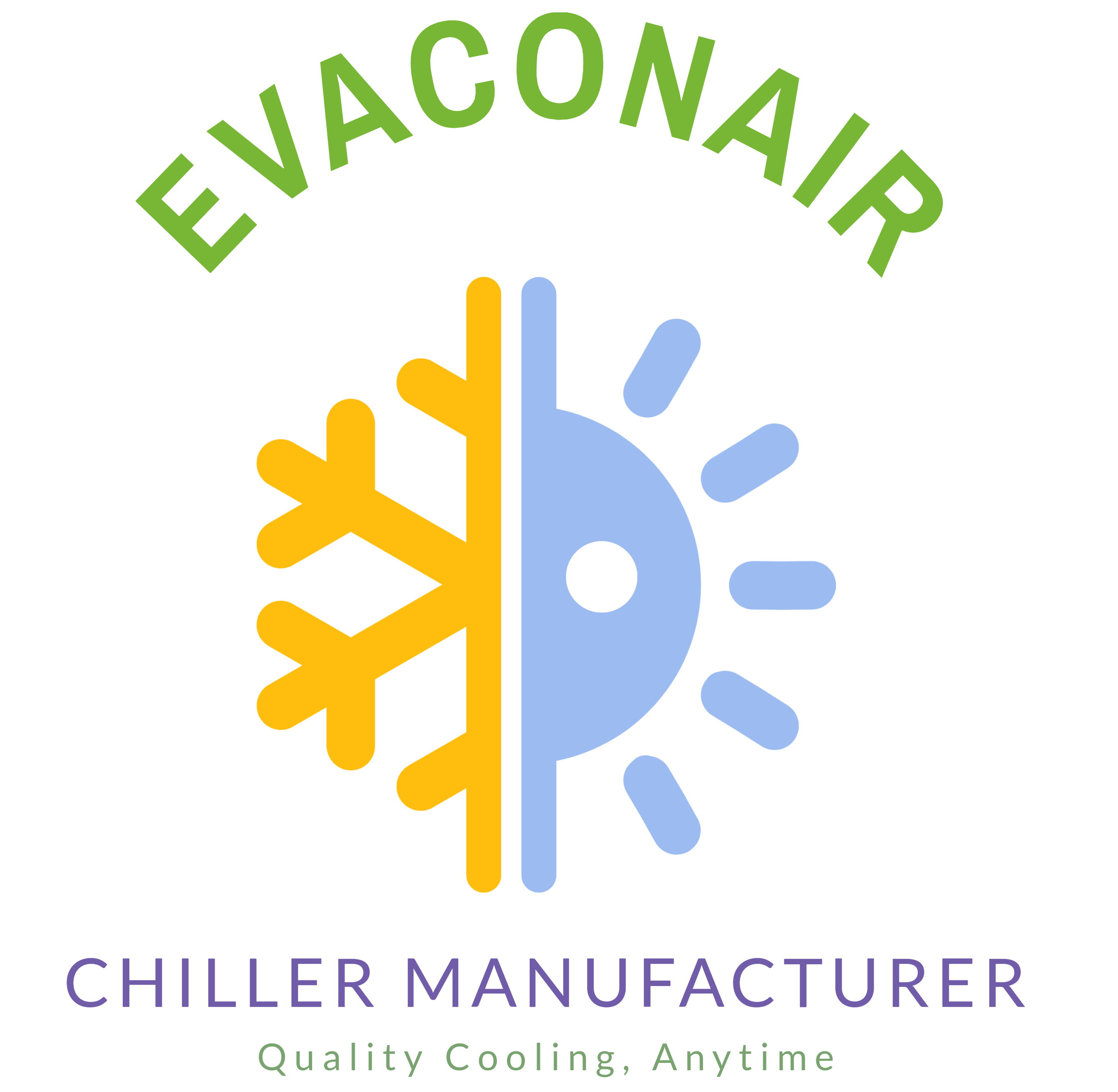Blog
Is a Water-Cooled Chiller Better than an Air-Cooled Chiller?
Choosing between a water-cooled chiller and an air-cooled chiller depends on various factors, including efficiency, installation space, and maintenance requirements. Here’s a comparison to help you decide:
1. Efficiency
Generally, water-cooled chillers are more efficient than air-cooled chillers. They offer better performance in terms of cooling capacity and energy consumption due to their ability to reject heat more effectively.
2. Installation Space
Water-cooled chillers require additional space for cooling towers, whereas air-cooled chillers are more compact and can be installed without the need for cooling towers, saving valuable space.
3. Maintenance
Air-cooled chillers generally have lower maintenance needs compared to water-cooled chillers, which require regular upkeep of the cooling towers and water treatment systems.
4. Water Usage
Water-cooled chillers consume a significant amount of water, which might be a concern in areas with water scarcity, while air-cooled chillers do not require water for cooling.
5. Environmental Impact
Water-cooled chillers can have a higher environmental impact if not managed properly due to water discharge and cooling tower emissions, whereas air-cooled chillers have a lower environmental footprint.
6. Initial Cost
The initial cost of water-cooled chillers is typically higher due to the need for additional equipment and installation, while air-cooled chillers usually have a lower upfront cost.
